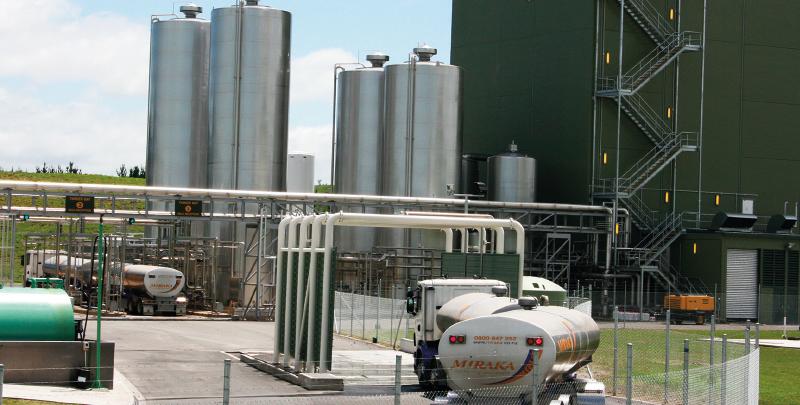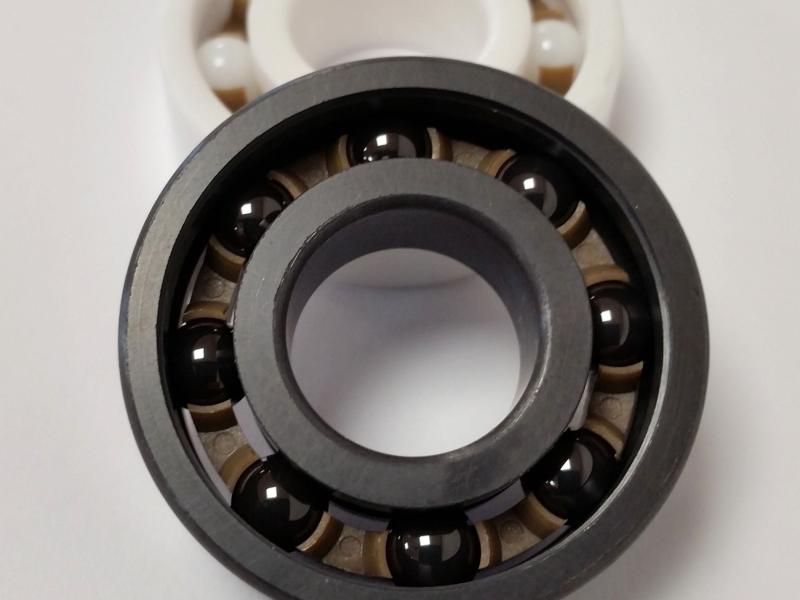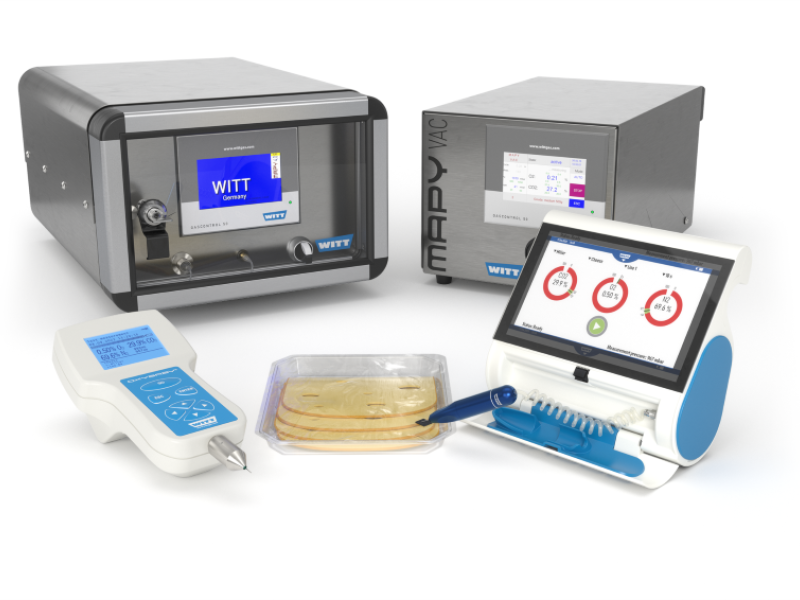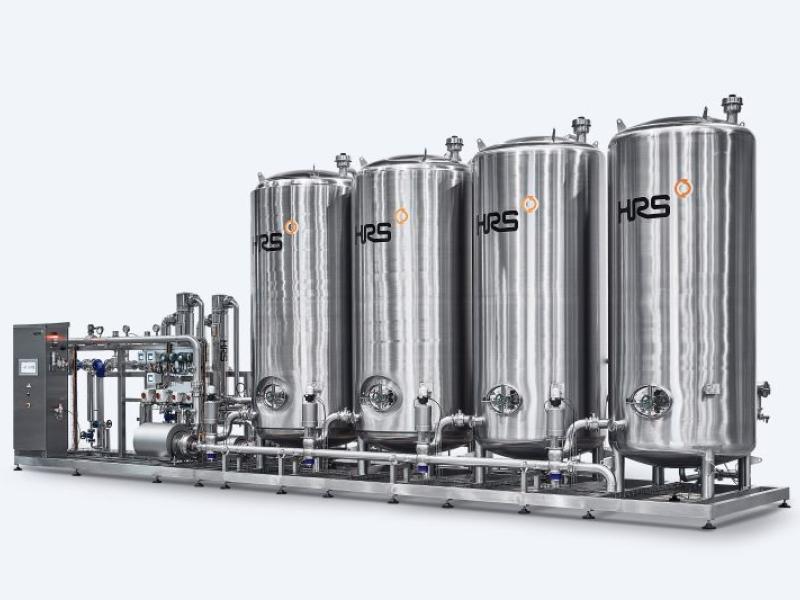Leveraging the Pavillion8 solution to optimise powdered milk production Maori-owned Miraka is well established in the New Zealand dairy-processing industry with strong values founded on the cultural beliefs of its owners.
Located in Mokai, on New Zealand’s central North Island, Miraka is unique within the dairy industry. The company’s milk supply is sourced from 107 local farms within an 85km radius of the factory, delivering a farm-fresh advantage and superior quality products with a global reach to more than 23 countries.
Miraka uses sustainable and renewable geothermal energy and state-of-the-art manufacturing processes, resulting in the power and capacity to process more than 250 million litres of milk into powders and UHT products every year.
Meeting increasingly stringent consumer and regulatory demands is a continual challenge for all dairy manufacturers. Complex challenges such as consumer demand, product specifications, regulatory compliance and fluctuating costs place strategic importance on continually improving performance and profitability.
With a strong commitment to continuous improvement of current manufacturing assets, Miraka invested in a solution to optimise their milk powder process. Capacity was maximised by driving to process constraints. Yield was optimised through improved targeting and reduction of variability of milk powder moisture, protein, and fat. The evaporator solids and drying profile was balanced to reduce energy consumption.
Process optimiSation
Raw milk is collected from dairy farms daily and transported to milk powder production plants. A portion of the raw milk is separated into skim milk and cream. The milk is typically standardised by blending raw milk, skim milk, lactose, and permeate to meet international standards. The standardised milk is then concentrated in multi-effect evaporators and spray dried to form powder.
Optimal operation of these processes is essential to reduce costs, maximise capacity and meet final product quality specifications.
When embarking on process optimisation, Miraka called on the specialist process control capabilities of Rockwell Automation. Leveraging Rockwell Automation’s Pavilion8 model predictive control (MPC) software platform and their decades of experience in delivering solutions in the dairy industry, Miraka teamed closely with Rockwell Automation engineers to specify and deploy a system to optimise their milk powder production plant.
“There was a high level of engagement from all the key stakeholders which facilitated a fast paced and successful implementation,” said Lynn Medich, Pavilion regional technical manager, Rockwell Automation. “Leveraging our expertise in deploying model predictive control solutions in dairy standardisation, evaporation and spray drying we worked closely with Miraka to engineer a solution that generates operational improvements and business value.”
Model Predictive Control
All manufacturing processes have variability that can be caused by many factors. The primary objective of the Rockwell Automation Model Predictive Control (MPC) solution is to enhance stability in the process unit through the reduction of variability of key process parameters and optimal control to desired targets.
The Rockwell Automation Pavillion8 system includes modules to control, analyse, monitor, visualise and integrate information and processes. This system encompasses and manages dynamics and changing disturbances that occur minute by minute. This delivers enhanced process stability so that defined control objectives can be achieved. In the case of powdered milk production, reducing the variability of key process parameters enables plants to drive to their processing and specification limits optimising yield and capacity.
Optimising milk powder production in a holistic approach
The Miraka Pavilion8 solution was implemented in phases to effectively introduce model predictive control technology to operators while delivering value. Real time key performance indicators were deployed quantifying the value being delivered as each unit was commissioned.
The evaporation process was optimised in the first phase. Variability was reduced and total solids targeting was improved. The evaporator total solids target was lifted resulting in better thermal efficiency across the evaporation and drying stages and increased capacity.
In the second phase spray dryer model predictive control was commissioned. “Deploying model predictive control on Miraka’s spray dryer allowed us to improve yield through closed-loop moisture control combined with targeting an increased powder moisture. Capacity was additionally maximised by pushing the process safely to constraints,” explained Kerryn Sakko, Pavilion senior application engineer, Rockwell Automation.
Implementation of multivariable model predictive control on the standardising process was delivered as the final phase of the solution. Use of multivariable models for liquid composition control combined with inferential models for tracking composition through the entire drying process resulted in reduction of protein and fat variability in the final powder. Additionally, the liquid composition controller included additional objective functions to maximise use of lower cost standardising ingredients.
Training sessions, which utilised the Advanced Analytics capability of the Pavilion8 system, facilitated operators quickly learning to optimally use the system and additionally streamlined site acceptance tests.
Measuring process improvement
Through consultation with Miraka, a set of parameters were identified that would provide information about the effectiveness of the process improvement.
The identified parameters were Quality (Powder Moisture Yield); Evaporator solids (Plant Throughput Improvement); Dryer thermal efficiency (Dryer Capacity Improvement); Reduction in energy per tonne of product (Cost Reduction) and Protein and Fat Optimisation (Yield).
The Pavilion8 solution has provided Miraka an exceptional result. A capacity increase of more than four percent was achieved during the peak season, moisture targets were raised by 0.04 percent, and improved protein and fat control provided the potential to reduce fat plus protein giveaway by more than 100 tonnes per year. In addition, optimisation of the evaporator solids and drying profiles resulted in an estimated energy savings of greater than one percent per tonne of milk powder during peak production
According to Paul Trewin, general manager operations at Miraka, “The excellence and innovation values of the Miraka Powder Plant team who delivered this project alongside Rockwell Automation greatly exceeding expectations was brilliant to observe.”






